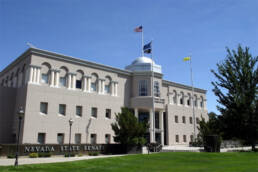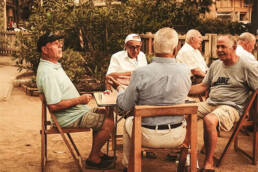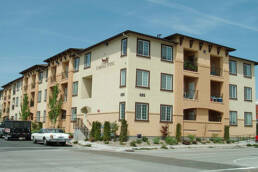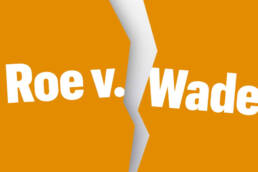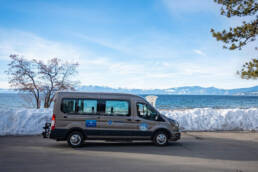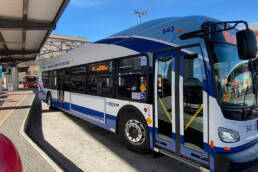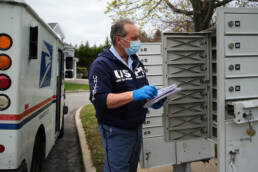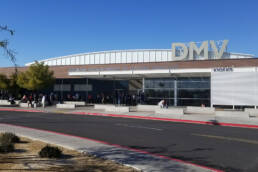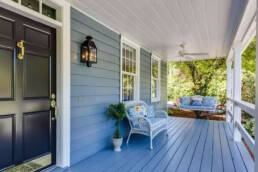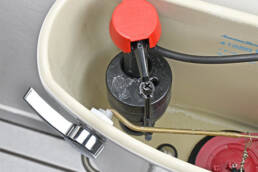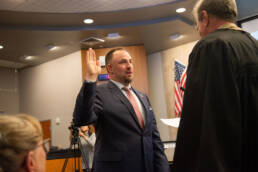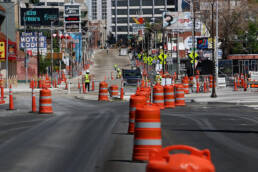Overcoming the pandemic was an extraordinary showcase of our strength and resolve. It was without a doubt the most difficult time for our profession, and we are happy to be moving forward. However, the pandemic significantly impacted our workforce. Today, the entire healthcare sector, particularly nursing homes, is battling an unprecedented labor shortage.
It is important that policymakers work together to fix this crisis and help us grow our workforce – because right now, the measures nursing home providers are taking alone are not enough. And now, we are facing another complication as an unfunded, one-size-fits-all federal staffing mandate from the Biden Administration is on the horizon and will put access to care for Nevada’s most vulnerable citizens at risk.
National headlines underscore how much of a challenge rebuilding our workforce has been. Other industries have regained all the workers that left during the pandemic, but nursing homes have yet to reach that point. In fact, U.S. nursing homes need 190,000 workers to meet pre-pandemic staffing levels and full recovery is not expected until late 2026.
Nearly all U.S. nursing homes have provided wage increases and other incentives with the hope that it will incentivize current staff to remain employed, as well as recruit the new caregivers we need. We’ve made progress, but too few qualified candidates are our biggest challenge.
This is the wrong solution to our labor shortage. There are not enough qualified candidates in the job market to begin with, and what’s more, this new regulation doesn’t give nursing homes any federal dollars to assist with hiring.
Nursing homes will have to make tough decisions if they aren’t able to hire enough caregivers to meet the mandate. Limiting admissions, which is already common practice among most nursing homes today, will continue. No nursing home wants to turn away a resident or patient in need of care, but it may be the only choice they have in order to comply with the regulation. It’s estimated that nearly 300,000 residents nationwide could be displaced if the mandate is made final.
Long-term care is a special profession with tremendous reward, and we need a concerted effort at the national level to help us strengthen our workforce – not more government mandates. To secure the thousands of nurses we need in the coming years, we need supportive policies that will entice our young people to choose long-term care as a career.
Financial incentives such as tuition assistance, loan forgiveness, and childcare assistance, specifically for those who work in long-term care, would help. We need to streamline training programs so potential caregivers can start working in the field quickly. Common sense immigration reforms that enable more overseas nurses to come to the U.S. without bureaucratic red tape will make a substantial difference in closing the labor gap.
In addition, proper funding for our nursing homes will give us the resources we need to make investments in our workforce that make an impact. Thankfully, the Nevada state legislature and the governor recognized that need this year and approved a Medicaid rate increase for the Silver State’s nursing homes. It’s a welcomed start, but more needs to be done to ensure the reimbursement rate fully equals the cost of care.
The U.S. population is getting older. Baby Boomers are retiring. Data from the 2020 Census shows 55.8 million people are age 65 or older, or one in six adults. Meeting the healthcare needs of this group is critical, and that includes long-term care. We need to build an army of caregivers now if we are going to be prepared to meet this growing demand. Instead of unrealistic mandates, federal and state lawmakers should take the lead in creating comprehensive policies that will usher in the next generation of caregivers.
Hannah Artz is a northern Nevada native, growing up in Carson City and getting her degree from UNR. She is the current Director of Nursing at Advanced Health Care in Reno, NV which serves individuals needing short-term nursing and rehabilitation in a luxurious atmosphere.







